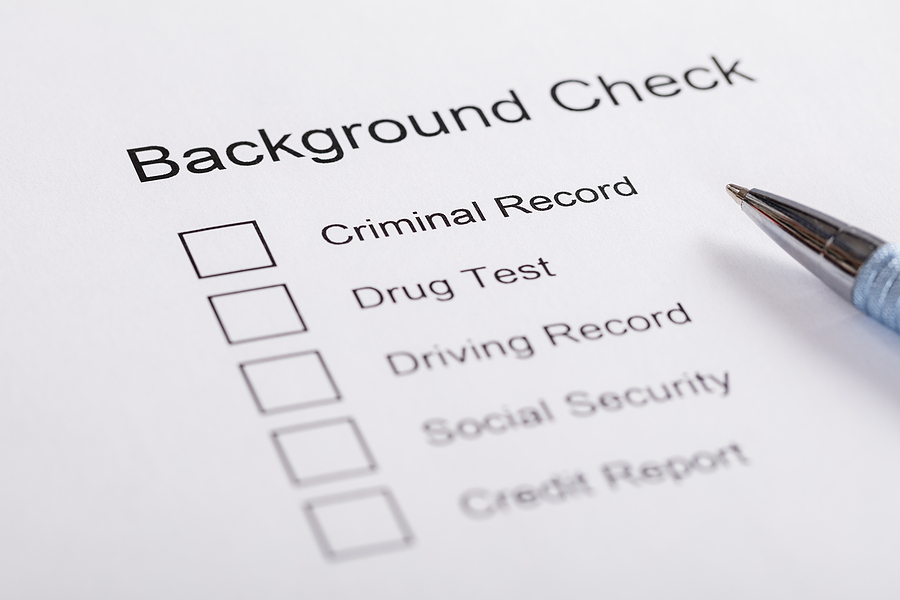
Consumer privacy protection and government efforts to get more people to work may have unintended consequences: more challenges and process changes for employers, landlords, consumers, and background check companies alike.
Date of Birth Redactions
California and Michigan are making, or will soon make, it more difficult to get dates of birth and other identifiers associated with court records. Their reasoning: This information isn’t public and, therefore, should not be available when conducting court searches.
Unfortunately, redacting this information puts consumer reporting agencies, such as background check companies, in an untenable position. The Fair Credit Reporting Act (FCRA) requires that records be reported with maximum possible accuracy, and the penalties for making a mistake can be severe. That means doing everything possible to ensure that the records found in a background check belong to the individual being checked.
A date of birth is one of the most common and reliable identifiers available for criminal records. Without that information, it will be difficult, if not impossible, for a background check company to positively associate a record with an individual and report that finding—especially if the person has a common name.
Workarounds and Delays
Some courts are supplying the information, but anyone doing a background check must formally request that a court clerk research the case. You can imagine the backlog this process creates. When background check companies and other organizations around the country make requests, the courts are overwhelmed. Long delays are the inevitable outcome.
The effects are far-reaching and can potentially have a nationwide impact. Many background checks include searching locations within a person’s address history; therefore, these state laws can also affect background check reports for individuals who have previously lived or worked in Michigan and/or California, regardless of where they will be employed or currently reside.
The Professional Background Screening Association (PBSA) recently published more in-depth information about how this issue will affect background checks in California and Michigan.
The PBSA also recently sent a communication regarding the California issue, which read in part:
On Wednesday, September 1, 2021, the California Supreme Court denied review in the matter of All of Us or None vs. Hamrick.
As previously announced, PBSA along with CDIA and dozens of other organizations, submitted an amicus letter along with supplemental filings to the California Supreme Court on behalf of our members, plus an additional letter. In those filings, we had asked the court to review the decision that an existing court rule prohibited clerks from searching for records that match a date of birth. (The same rule similarly prohibits use of driver’s license number or social security number.)
This denial means that we will continue to see courts in California redacting date of birth from both their online and public access terminals. It is also very possible that court clerks will stop providing clerk assistance to verify full dates of birth – as we have recently seen in Los Angeles County. Criminal-records checks in California will continue to become more difficult, and in some cases impossible.
While these measures may enhance privacy, they could theoretically jeopardize the public at the workplace (in the case of employment screening) or at home (in the case of tenant screening) if a criminal record is not reported due to a lack of identifying information.
New York City Fair Chance Act Amendments
For years, the “Ban the Box” movement has been gaining momentum. More states, counties, and municipalities have enacted various ban the box measures. Essentially, banning the box postpones or eliminates the question about criminal convictions on job applications, in effect “banning the box” an applicant would check to indicate their answer. The purpose is to eliminate prejudice against people with criminal records by preventing employers from blindly disqualifying them without considering the skills they offer and their ability to handle a job.
In an unprecedented move, New York City recently amended its ban the box law, the Fair Chance Act. With few exceptions, the amendments now require a bifurcated, or two-step, process if an employer wants both non-criminal and criminal background checks.
- First, employers must obtain the results of a non-criminal report (e.g., employment verification, education verification, civil searches, etc.). If the results are acceptable to the employer, the employer must then make an offer of employment conditional upon the results of a criminal check.
- After making the conditional offer, the employer can then initiate the criminal check.
The bifurcated process represents a significant change for employers and consumer reporting agencies. Chances are good that many background checks will now take more time and cost more.
This is just one component of the new amendments. Employers now have additional requirements governing such areas as the following:
- How certain criminal matters can be used to evaluate eligibility for employment.
- How to make a conditional offer of employment.
- What language can be used in disclosures, authorizations, and job announcements.
The New York City Commission on Human Rights has a website with more information for employers and job seekers.
Currently, New York City is the only jurisdiction in the country that requires this two-step process. However, it would not be surprising to see other jurisdictions follow suit, depending on the success of New York City’s initiative.
If you have questions regarding how these changes affect your background screening programs, contact Integras Intelligence at 212.871.1274.












